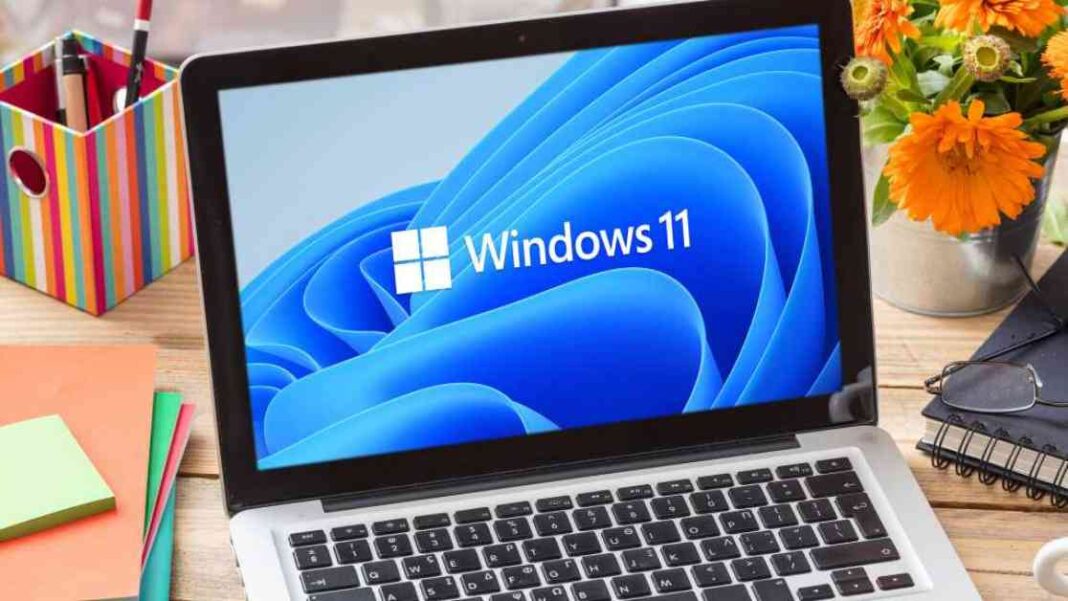Tiny 11, a well-known tool in the Windows tinkering community, has the ability to drastically reduce the size of Windows 11 installations. This can be especially useful for those looking to install the major Windows 11 24H2 update but don’t have enough space on their computer.
Developer NTDEV recently announced a new version of Windows 11 optimized for 24H2, which only takes up around 3.5GB of space with the help of Tiny 11 and LZX compression. This is a significant reduction from the normal 20GB to 30GB that Windows 11 24H2 typically occupies on a drive.
Tiny 11 achieves this by removing unnecessary libraries, apps, and services from Windows 11, such as Clipchamp, Media Player, Internet Explorer, Microsoft Edge, Microsoft OneDrive, WinSxS, and Windows Update, among others. However, it’s important to note that by stripping Windows 11 down to its essentials, it loses some of its customizability and serviceability. Updates and tweaks are no longer possible, making it more suitable as a last resort option or for testing and development purposes.
While Tiny 11 can be a helpful tool in certain situations, it’s not recommended as a long-term solution due to its limitations. If you’re looking to declutter Windows 11 and free up space on your computer, there are other methods and tools available that allow you to maintain the functionality and flexibility of the operating system.
In conclusion, Tiny 11 offers a unique way to shrink down Windows 11 installations and save disk space, but users should weigh the pros and cons before deciding to use it. It’s always important to consider the trade-offs and implications of making significant changes to your operating system, especially when it comes to long-term usability and compatibility.











